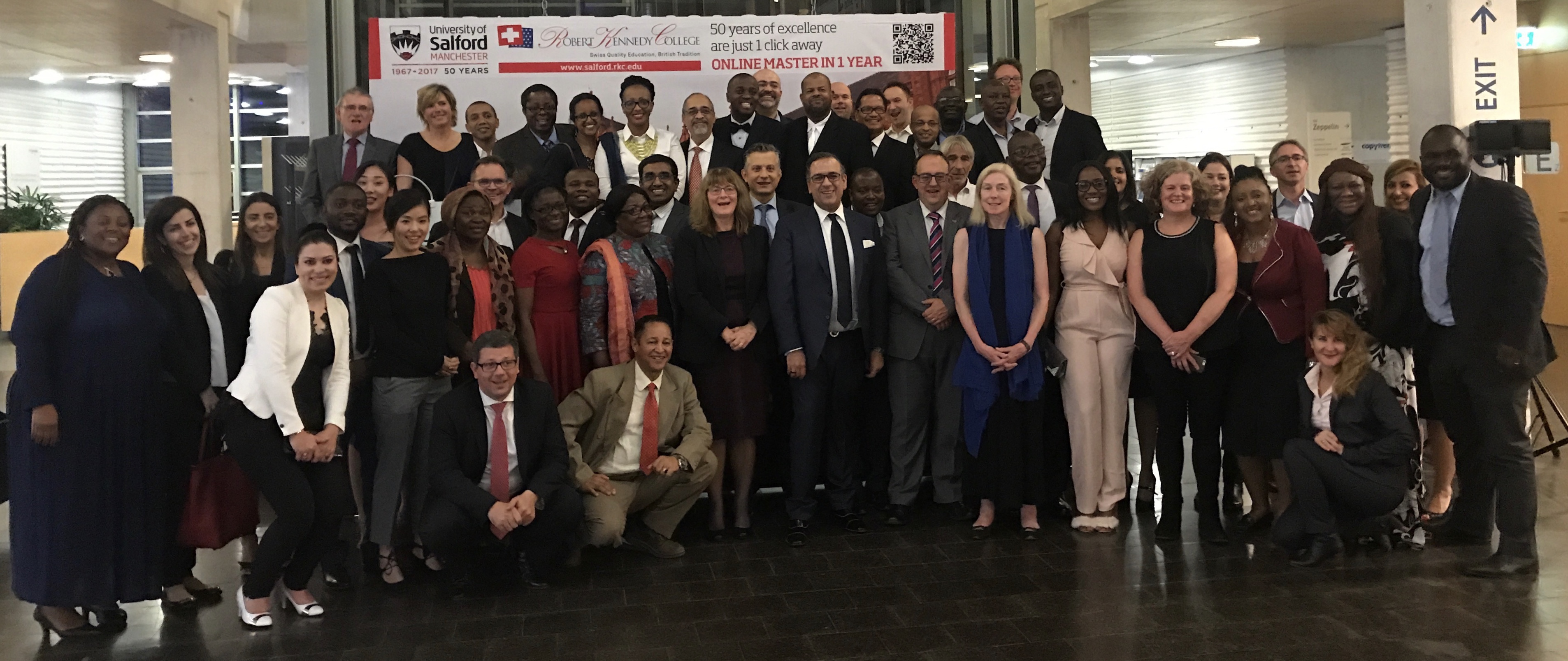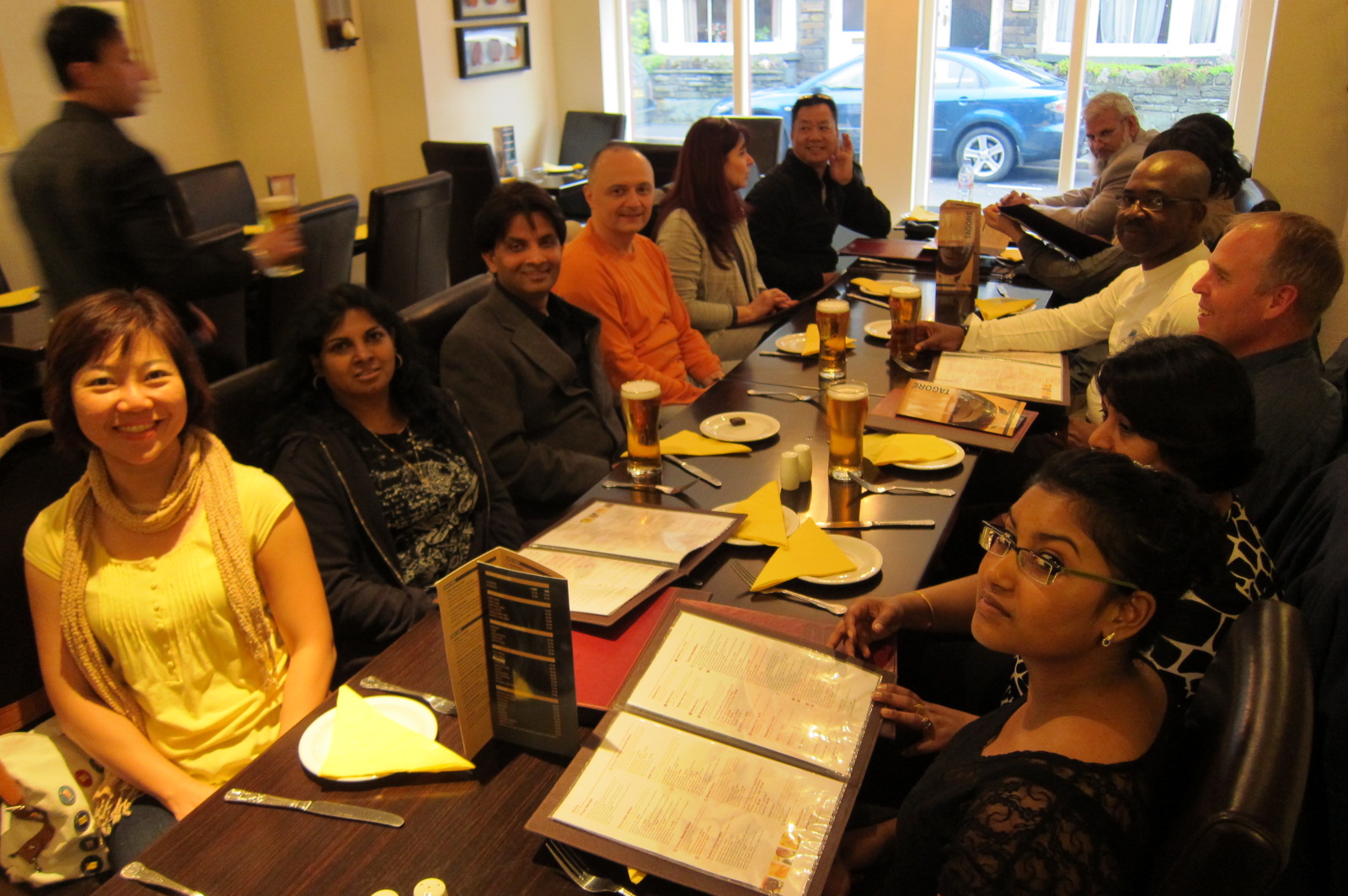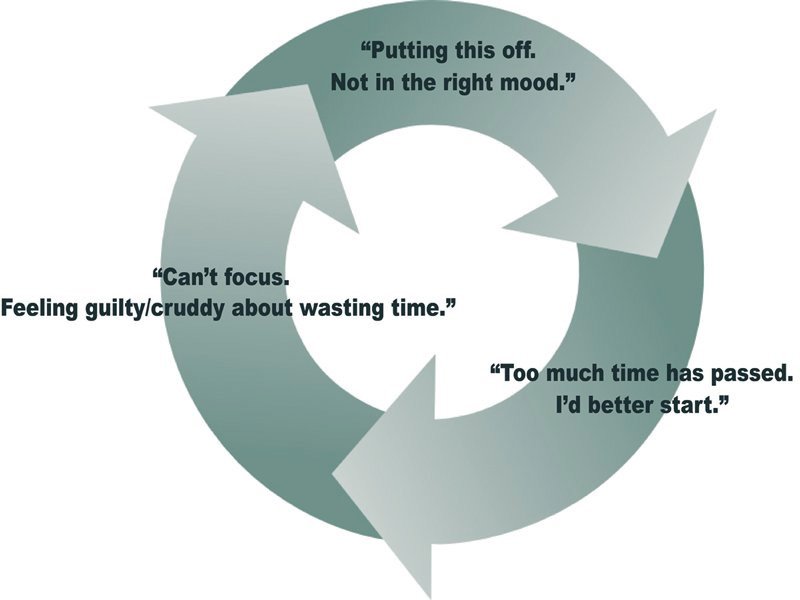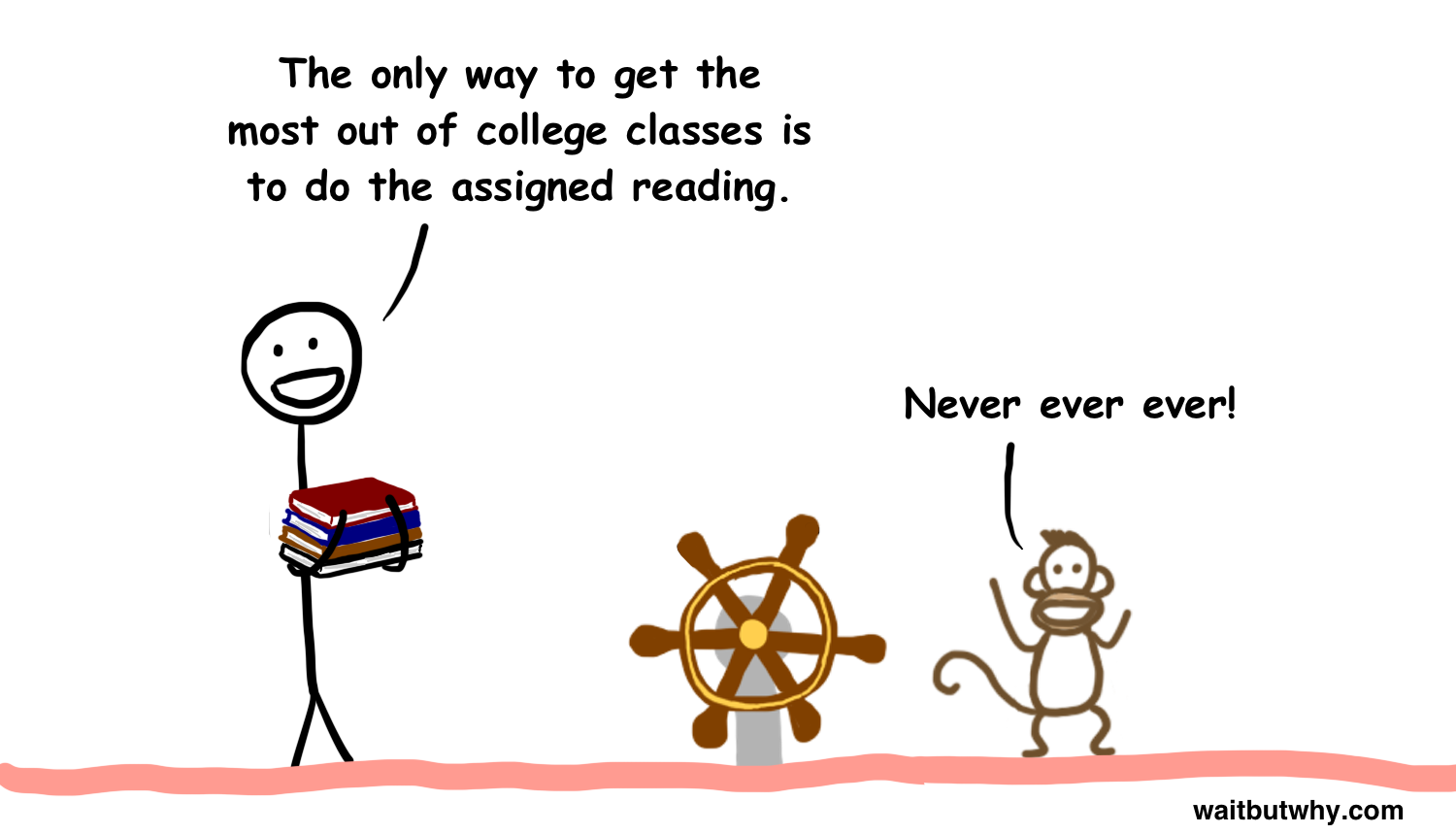A Master’s degree is critically different from a Bachelor’s degree. Though similar on some, Master’s degree will involve a lot of different aspects than a Bachelor’s.
At Master’s level you could be studying one of the many specialised courses offered by Robert Kennedy College, as MBA International Health Management, LLM – Master of Law International Business Law , MBA Leading Innovation and Change or Master of Science Project Management.
Taught Master’s are usually modular in form, featuring a range of optional modules the student can choose from, with a final dissertation at the end of the course, usually produced over the final semester.

Writing assignments at Master’s level
You must use language appropriate to the academic environment, and a coherent and strong structure to your work is essential. Assignments will be longer at Master’s level, even for unassessed pieces of work. Do not be overwhelmed by larger word counts. Remember, you made a large step up in intensity of work from school to university, so another step-up is well within your capabilities.
Clarity is important. Do not use over-elaborate vocabulary and grammar just because you think you have to. It is more important to be understood.
Time management is crucial for the Master’s student – with a heavier workload you will find that a good weekly plan, and a firm grasp of deadlines, is essential. This is especially true with the dissertation which will be the longest assignment you will have done yet at university, usually covering a period of several months. It is important to set yourself deadlines for drafts.

Here are the various aspects of writing skills that Master’s students should be concentrating on in order to succeed.
THE MASTERS LEVEL
One of the first things most Master’s students notice once they have started is how much more intense a Master’s degree is than an undergraduate degree. It is a less passive experience; you will not be guided as much by the lecturers, and will be expected to think for yourself more.
Master’s requires a new way of approaching academic work, all the groundwork has been done at undergraduate level. Let’s look at the features of a Master’s more closely.
ORIGINAL RESEARCH
A Master’s degree is geared towards the delivery of a piece of original research. For research Master’s students this will be your primary focus. For those doing taught Master’s this will form part of all aspects of your degree, not just the final dissertation.
In your original research you should also aim for originality where possible. You are being asked to look at your subject in a fresh and innovative way, and finding a new or underdeveloped area of your subject, or a new way of looking at an established area, will help you gain better marks.
THEORY
Master’s are not exercises in description. You will need to find a theoretical basis for your work. Many Master’s will run modules on the subject of theory, it is advisable to attend all available classes on the subject of theory as it will help you to form an idea of the theory which surrounds your subject. Theory forms a useful framework to hang your research on.
CRITICAL ANALYSIS
Another important part of Master’s writing is critical analysis. A critical analysis is one which assesses the quality and usefulness of the sources which you are using in your assignments. This process involves considering all aspects of the source and its contents.
Download our course catalogue.





 Collaboration – A
Collaboration – A 






